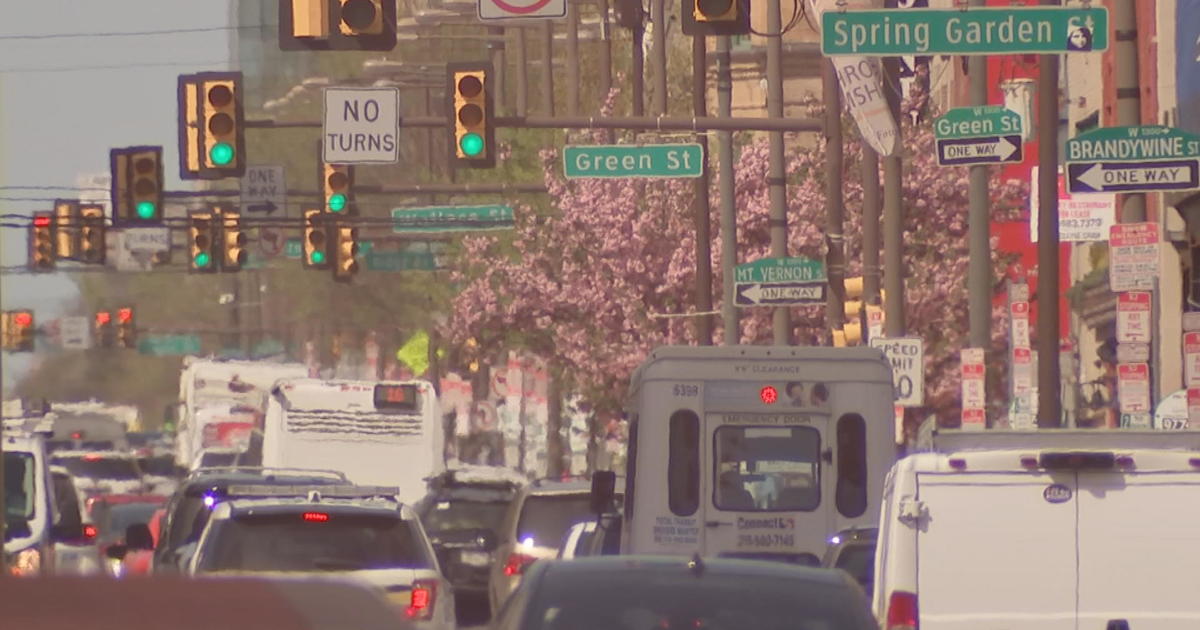Composting 101: How To Avoid Gnats & Rats
According to the most recent EPA estimates, the average American is responsible for throwing away almost 1,500 pounds of trash annually. Much of this waste falls under reduce, reuse or recycle categories with a significant amount comprised of food and garden waste, considered appropriate for composting purposes. Public awareness of composting and its potential impact is, however, limited and also not supported by either national public awareness campaigns or by many broad-based, urban initiatives. Local governments in cities like San Diego and Seattle are striving to alter that reality, yet others such as New York City rally behind the intractable roadblock of cost versus benefit. Is composting more expensive than it’s worth? It may count on who you talk to or where you live.
The sweet smell of garbage
Many a screaming match has been had over backyard fences by neighbors incensed over the wafting odors and fruit fly swarms emanating from ill-managed compost heaps. While maintaining compost does not require a degree in rocket science, a certain amount of education about the process will help to ensure that odors, insects and rodents are kept at bay. For example, materials like dairy products, meat, fish, bones or cooked food scraps of any kind should never be added to a compost pile, as these can act as rat magnets.
A well-maintained compost heap should have a ratio of approximately 50 percent green materials, like fresh grass clippings, veggie scraps and egg shells, and 50 percent brown materials, like dried leaves and shredded, untreated cardboard and twigs. Water and air are also required to keep the compost heap aerated, moist and healthy. An imbalance, such as too much green matter, can result in a sour or sulfur smell. If the compost heap is kept too moist, fungus gnats can become an annoyance. These issues can be solved by maintaining the ratio of materials and turning the compost heap frequently. Food scraps must also be covered with garden debris and yard trimmings as they are added to the pile and turned.
These rules are true for city-managed compost plants as well. Large-scale composting can create large-scale problems if not properly maintained, including horrific smells, noise and groundwater contamination as well as fires. Often, these issues can be nullified completely if the composting is maintained within an enclosure. Household compost heaps can also benefit from being housed in lidded bins if odors, bugs or rodents continue to pose a problem and many local ordinances require this.
Can you save the planet and money too?
Of course, what lands in your compost heap does not find its way into your city’s landfill. Landfills, while necessary, are anaerobic and produce methane. By contrast, composting is an aerobic medium, which generates carbon dioxide (CO2) instead of methane. Both are greenhouse gasses, however, methane’s impact upon the environment and global warming is 21 times that of CO2. Recognizing this, the city of San Diego instated a food scraps composting program, targeting the pre-consumer waste products generated directly by facilities such as Sea World and PETCO Park. In addition to its positive impact upon the environment, the program saves these businesses money in disposal costs and provides food rescue for underprivileged individuals. The program, which also serves to prolong the lifespan of the local Miramar Landfill, has been heralded as a financial success for both the city and the businesses participating in it. Other municipalities, such as New York, conversely cite negative-cost savings and population density as reasons for not composting on a widespread scale. While the NYC Compost Project does actively support community-based composting, the city itself only accepts Christmas trees and yard trimmings for composting and mulching purposes.
You are what you eat
Composting helps to create dense, nutrient-rich soil which does not require chemical fertilizers and also helps to produce bountiful crops. This healthy, less-toxic soil holds onto moisture longer, generating cost savings for both individuals and industry. It also yields magnificently vitamin-rich food and lush greenery. Composting advocates boast of growing tomatoes the size of fists and loaded blueberry bushes crammed with anti-oxidant power, not to mention award-winning rose gardens and flowers.
Local community gardeners have long embraced composting for its benefits to both the health of the environment and to that of the individual. Composting is also beginning to gain more broad-based acceptance by municipalities nationwide for being a marketable commodity, capable of stretching the life of landfills. As awareness of composting’s benefits increases, more and more individuals may feel empowered to throw out less and compost more. Both gardeners and non-gardeners alike will benefit from this change, as will the planet at large.
Corey Whelan is a freelance writer in New York. Her work can be found at Examiner.com.



